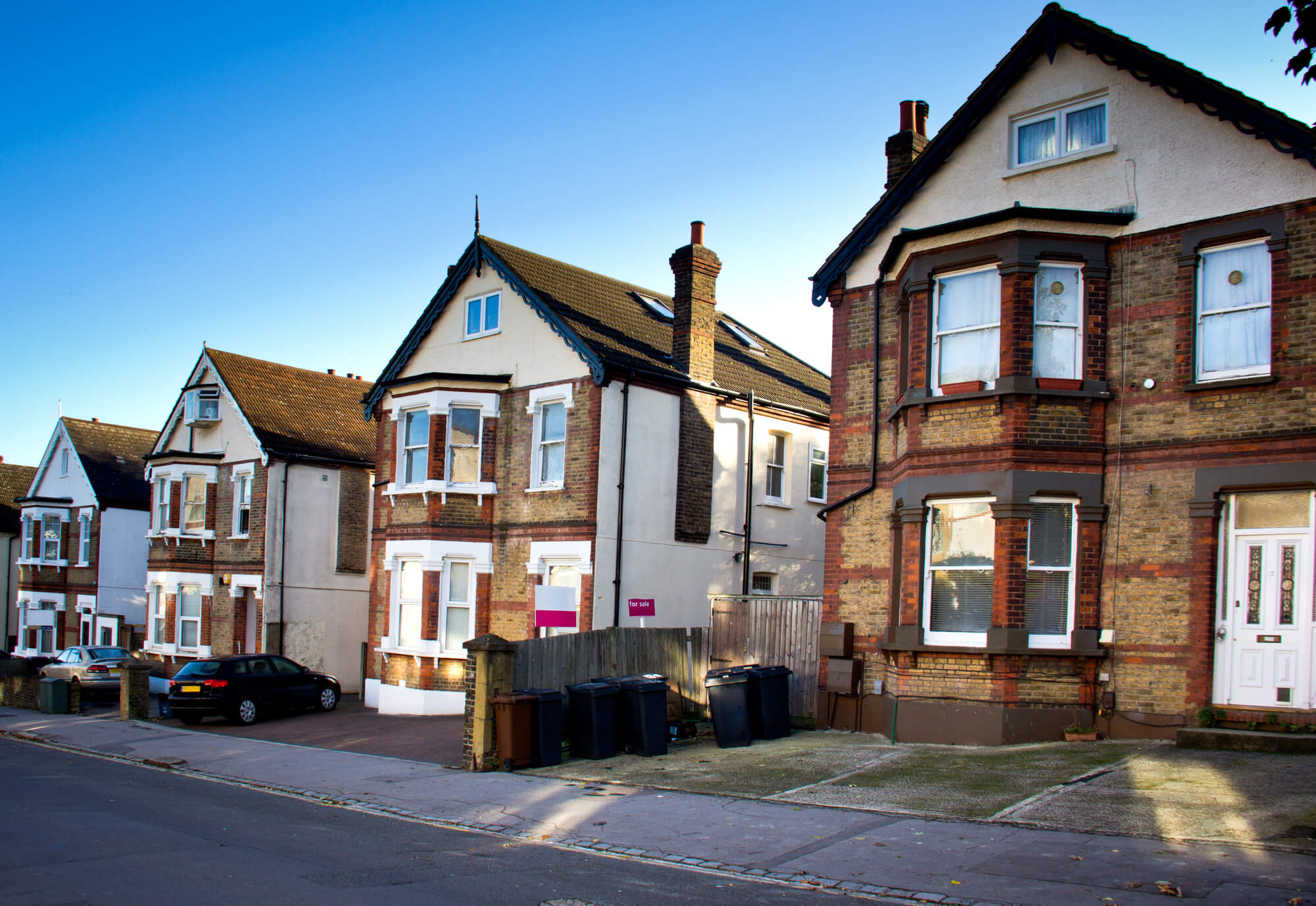Whether you are looking to clear some clutter that has built up over the years at home, or dealing with the difficult and sad process of clearing a deceased friend’s or relative’s house, the following tips can help reduce the costs.

With a bit of extra time and effort, there are plenty of ways to save money on a house clearance – you could even make some money from it too.
Before starting the process, find a quote from a clearance company. You will then have a benchmark to see if you can save money by following some of these suggestions yourself.
Sell items of value
Depending on how much time you have, you can sell a whole host of items potentially being cleared. As well as generating revenue, this also reduces the quantity of stuff you need clearing, and can help reduce costs.
For anything of significant value, such as antiques, jewellery or works of art, you should take expert advice and sell through reputable independent auctions. If you do sell to a dealer or an individual, make sure you have got a second opinion on the item first. It is easy to email a picture and a brief description to an auction house, and they will give you a trustworthy estimate.
For less valuable stuff, such as ordinary furniture, crockery, records, clothes, books and bric-a-brac, you can list the items on sites such as eBay, Etsy and Gumtree. With a bit of research you can find what similar items have sold for. It is much more useful to know actual sale prices that have been achieved, rather than the asking prices some sellers are seeking.
For the truly enterprising, selling at a car boot sale is a great way to make a profit on bric-a-brac when clearing a house. Every weekend there are hundreds of car boot sales all over the country. Entry fees are typically around £10 per car. Be prepared for an early start to make sure you get in, and brace yourself for some serious haggling!

But do not undersell
But a word of warning when selling your items. Whether through dealers, auctions, online or at a car boot sale, you need to make sure you do not undersell the items.
Any professional house clearance company worth their salt will factor the value of resalable items into their charges. So if the charge to clear the rubbish and non-saleable items is £300, but there’s £100 of resalable value in the clearance, the clearance company may reduce the charge by £50. (NB the clearance company, like any dealer, will need to make a profit on the items ‘bought’, so if they think they will sell the items for £100, they may ‘offer’ £50).
So in order to reduce the overall costs, you need to sell these items for more than the clearance company is offering. In the example above, it would be more than £50.
Donate to charity
Charity shops and furniture donation networks are always in need of good quality stock. And because they have lower running costs than private sector shops (due to volunteers, zero rates, subsidised rent etc) they sometimes accept items that wouldn’t be viable for the private businesses.
But charity shops still have costs and need to make money, so they will select items that they think they can sell well at a decent price – they are not free rubbish tips however!

The sort of items charity shops want are good quality clothes, books, records, ornaments, pictures, crockery and cutlery. Most do not take bulky items such as furniture (due to costs of collection, storage and delivery), or electrical items (due to safety regulations ). Some organisations specialise in these areas, and you can arrange a collection from the property.
Whether donating to charity reduces the overall cost of a home clearance depends on the quantity and value of the items donated. If many relatively low value items are donated, the overall costs to clear the remaining items will be lower. If a small quantity of relatively high value items are donated, the costs are likely to be greater. This is because the prices for clearing the property in terms of labour and disposal are more or less the same, but there is less value to offset against the charges.
Some people want to support charities through the donation of goods, and do not mind the possibility of paying a little more for the remaining clearance.
Others prefer to save money on the clearance, and donate the saving to a charity of their choice which may not have a local shop (or any shop at all). This way the much needed cash goes straight to good causes – saving the charity any fees and the effort of a sale.
If you have received a quote from a professional house clearance company, you can always ask them what effect donations will have on the price.
Give to friends, relatives and neighbours
A great way to clear a property is to give stuff away to your family, friends and neighbours. This way you can save money and win a few popularity contests too!
Take some photos and email them to people asking if they want anything. Mark down who wants want and give them a date to collect.
Use a local household recycling centre
All councils operate recycling centres, these are free of charge for residents disposing of household waste if they take the items there themselves in private vehicles. However, there are restrictions for items that are classed as hazardous waste (such as fridges, TV’s and paint) and DIY waste. Proof of residency may be required. Go to your local council’s website for more details.
Read more about our case studies.

The cost effective way to deal with hazardous waste
Hazardous waste, such as paints, solvents, oils, fridges and TV’s can be expensive to get rid off. Businesses such as clearance companies are charged a lot of money by specialist hazardous waste processing companies, and so they pass these costs on to their customers.
If you have a lot of old paint or other hazardous products in the property you are clearing, the best thing to do is to take it yourself to your local household recycling centre. They have restrictions on the quantities that can be got rid of free of charge, and may not take all types, so check before going.
For paint and other hazardous liquids, another option is to arrange a free collection by the council. They do this for residents at their home address. This can take a while – sometimes collections need to be booked weeks in advance – but if you have a lot of paint to get rid of, it can save you a lot of money. The best place to look for information is on your council’s website.











